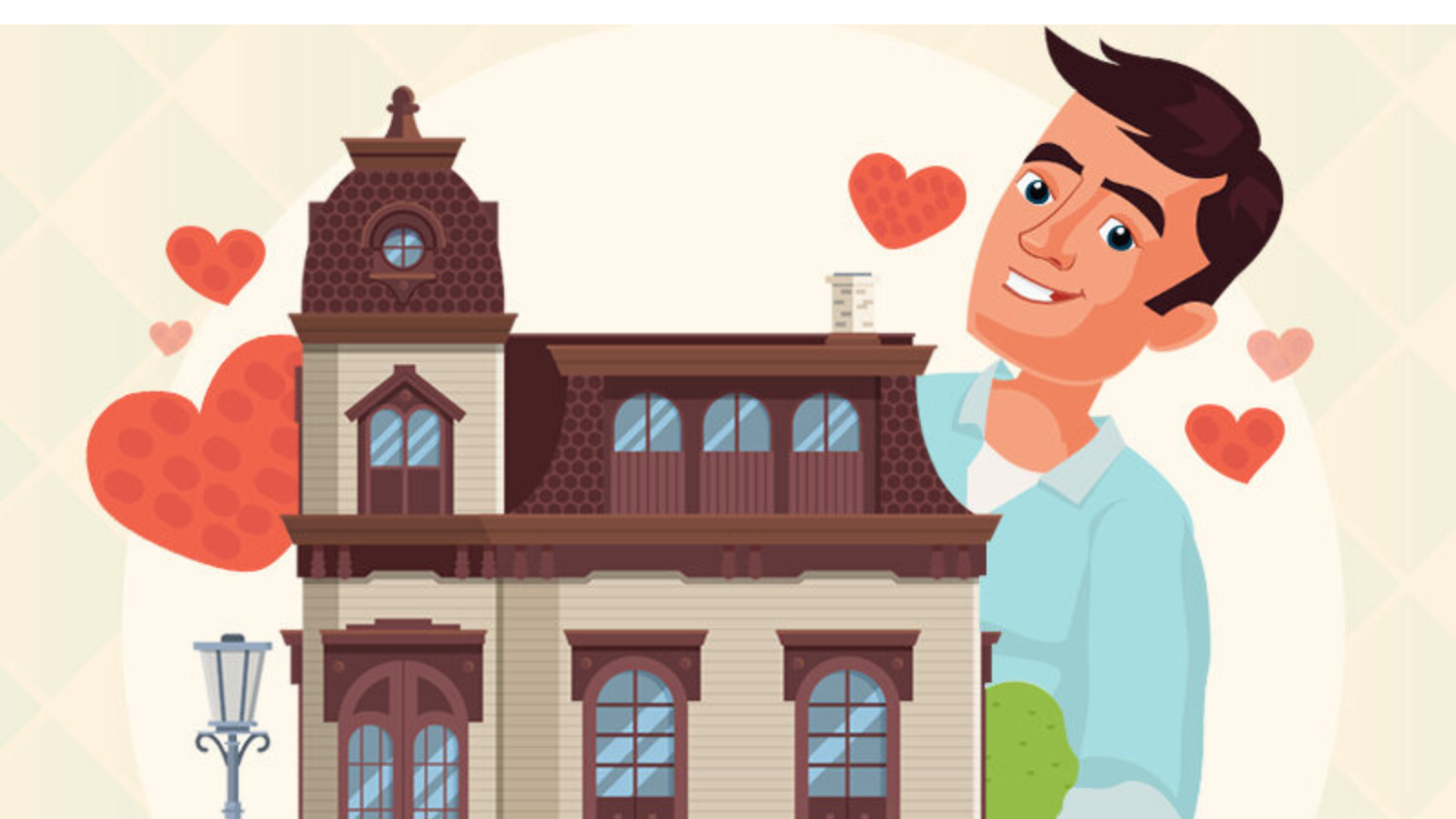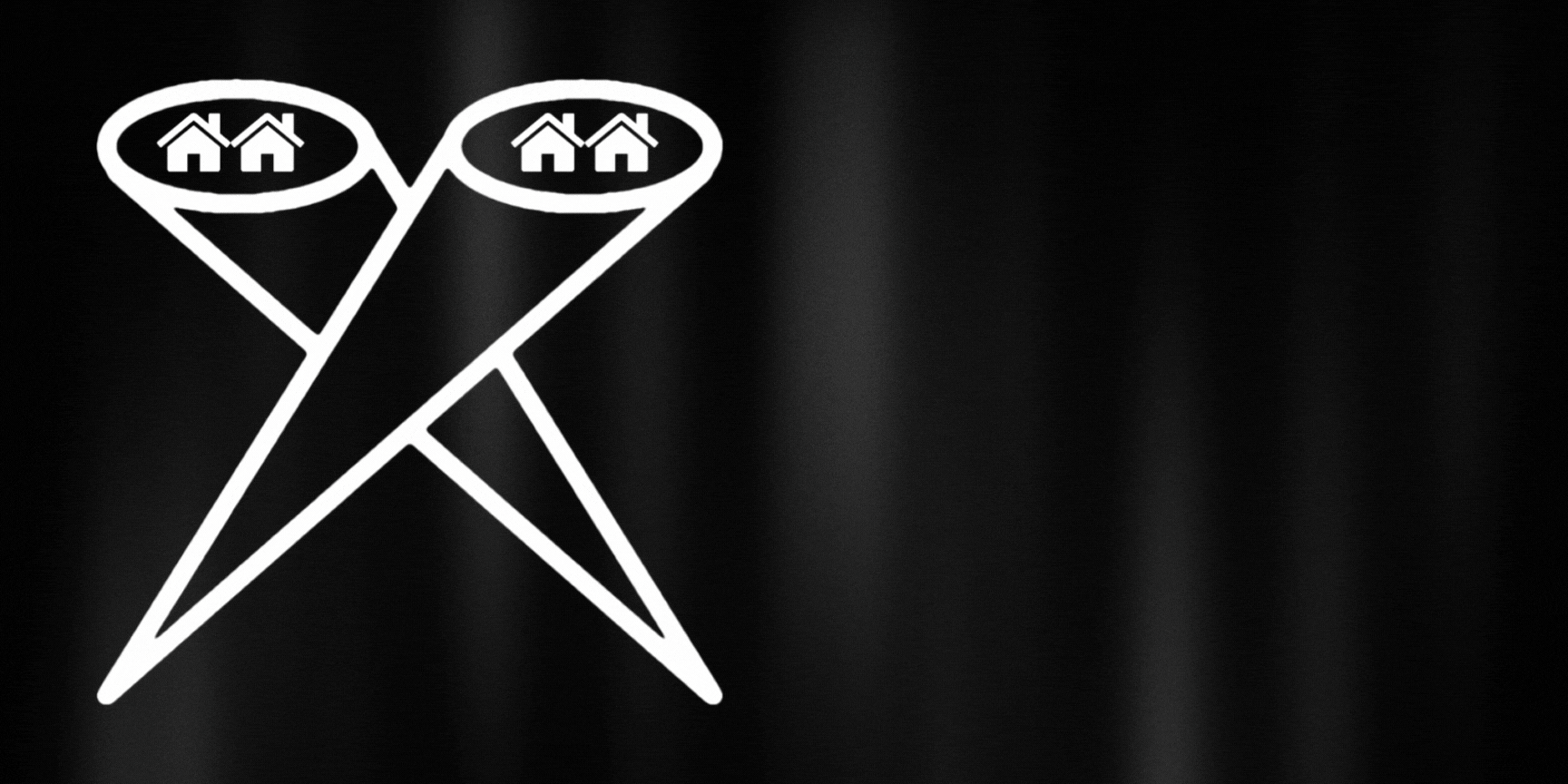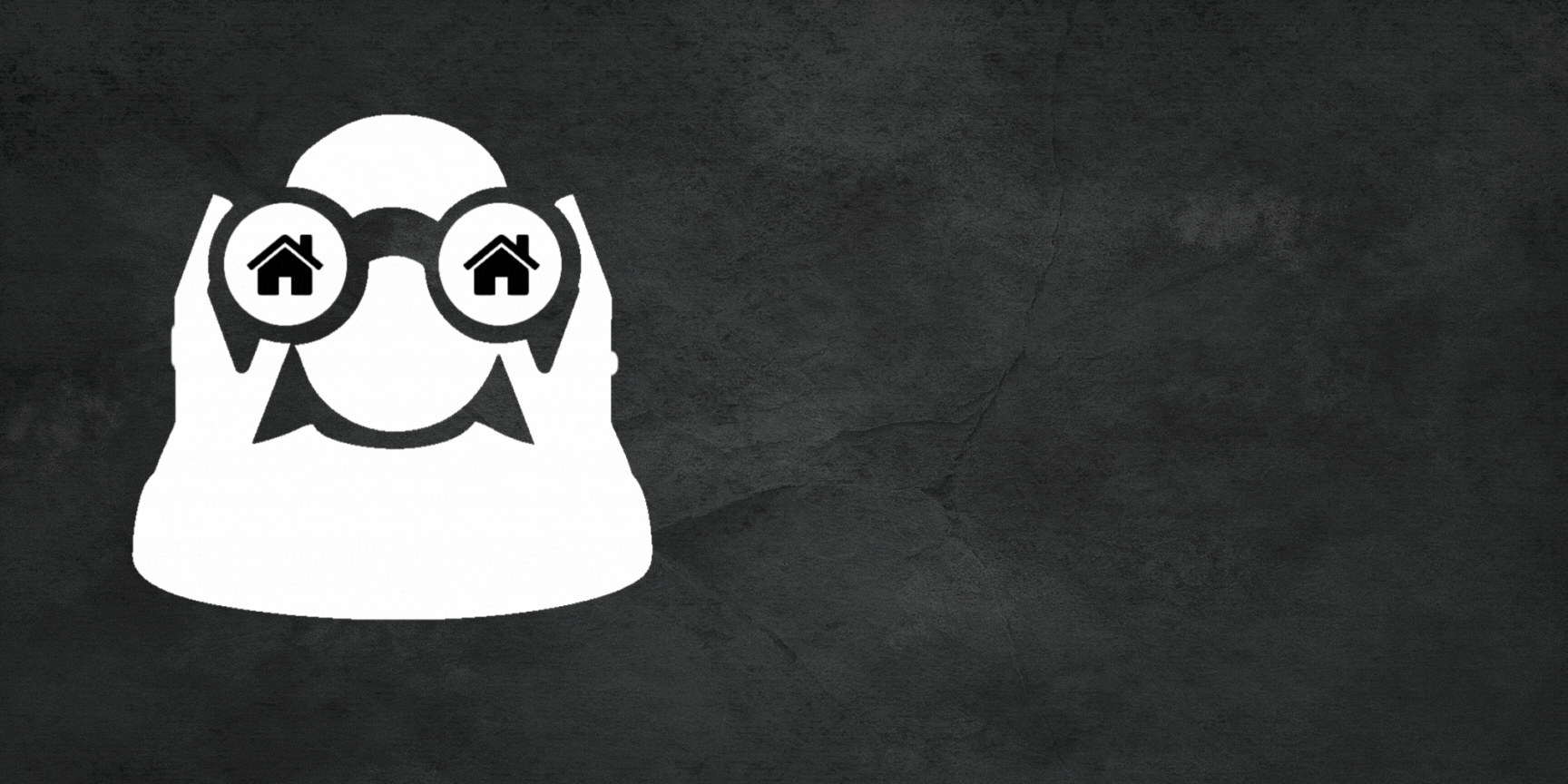Historic homes possess a unique charm that captivates many homeowners. From their stunning architectural styles to their rich history, these homes offer a glimpse into the past and provide a sense of timelessness. However, owning a historic home comes with its own set of benefits and challenges. In this article, we will explore the pros and cons of buying a historic home, helping you make an informed decision.
What Makes a Home Historic?
Before we delve into the pros and cons, let’s first understand what distinguishes a historic home from an ordinary old house. The National Register of Historic Places, maintained by the National Park Service, designates historic homes based on age, architectural style and value, cultural significance, or if they were once the residence of a historically significant person. To be considered historic, a home must be at least 50 years old and listed in the official registry.
The Pros of Buying a Historic Home
1. Exudes Alluring Beauty and Charm
One of the primary reasons homeowners are drawn to historic homes is their unparalleled beauty and charm. These homes boast stunning architectural details and craftsmanship that are often absent in contemporary properties. From ornate stone fireplaces and balustrades to vintage door knockers and arched doorways, historic homes offer a level of intricacy and uniqueness that is hard to find in modern homes. Whether you prefer Victorian, Colonial, Queen Anne, or Gothic Revival styles, historic homes have something for every architectural enthusiast.
2. Overwhelming Sense of History
Historic homes are not just aesthetically pleasing; they also come with a fascinating history. Living in a historic home allows you to connect with the past and the stories of the people who once resided there. These homes often play a significant role in their town’s history and heritage, making them an integral part of the community. For history buffs and “old souls,” owning a historic home provides a rare opportunity to immerse oneself in the town’s past.
3. Potential Tax Incentives and Benefits
Owning a historic home can offer financial advantages through tax incentives and benefits. The Federal Historic Preservation Tax Incentives Program, for example, provides a 20% federal tax credit for the preservation and rehabilitation of properties listed in the National Register. Additionally, many states and local governments offer financial incentives in the form of tax credits for purchasing and preserving historic homes. Lower interest loans may also be available for renovations and preservation. Researching these incentives can significantly improve your financial standing as a historic homeowner.
4. Preservation of History
By purchasing a historic home, you are actively contributing to the preservation of history. Restoring and maintaining these homes not only adds value to the property but also helps retain the connection to the past for past owners and locals. Owning a historic home is a way to honor and preserve an important aspect of history, making it a meaningful contribution to the community.
5. Protected Home Values
If you value a sense of uniformity and preservation in your neighborhood, a historic district may be the perfect fit for you. Historic districts often have strict rules and standards in place to protect the external appearance of homes and maintain property values. These regulations prevent unsightly changes and ensure that the neighborhood retains its historical charm. Well-maintained historic homes are also likely to hold their value in times of economic downturn, as their desirability remains high due to limited availability.
The Cons of Buying a Historic Home
1. Costly Repairs and Renovations
One of the biggest challenges of owning a historic home is the potential for costly repairs and renovations. These homes are often at least 50 years old and may require extensive maintenance. Roof replacements, plumbing repairs, and electrical updates are common expenses associated with historic homes. It is essential to have the financial resources to handle these repairs and ensure the home’s longevity. Starting with a regular bank loan for immediate repairs and saving up for custom renovations can help manage costs effectively.
2. Potential Structural Issues
Older homes are more prone to structural issues and damage caused by age, rot, dampness, termites, and other factors. Cracked walls, sloping floors, and the presence of lead paint or asbestos are common problems in homes built before 1978. It is crucial to have a thorough home inspection conducted by a qualified professional who specializes in historic homes. This inspection will identify any structural issues and help you assess whether the home is a sound investment.
3. Difficulty Finding Specialized Contractors
Finding contractors with experience in working on historic homes can be challenging. Many contractors may lack the skills and expertise required to handle the unique challenges of restoring and preserving historic features. It is crucial to seek out contractors who specialize in historic restorations to ensure the repairs maintain the home’s original integrity. Online forums and websites dedicated to historic homes can be valuable resources for finding reputable contractors.
4. Limited Design Choices
Living in a historic home often means adhering to strict guidelines and regulations imposed by local and state laws. These restrictions aim to preserve the home’s original character and construction. Homeowners may face limitations when it comes to renovations, additions, and even landscaping. Any changes made to the home’s exterior may require special permits and approvals. It is essential to familiarize yourself with these regulations before purchasing a historic home to ensure your renovation plans align with the preservation guidelines.
5. Higher Insurance Costs
Insuring a historic home can be more expensive due to factors such as size, age, and unique architectural features. Personal insurance companies may not offer coverage suitable for historic homes, requiring homeowners to obtain historic property insurance, which can be more costly. Additionally, older homes often pose structural risks that can lead to increased insurance rates. It is crucial to consider insurance costs when budgeting for a historic home purchase.
Conclusion
Owning a historic home is a unique experience that offers a glimpse into the past and provides a sense of pride in preserving history. However, it is essential to weigh the pros and cons before making the decision to purchase a historic home. The unparalleled beauty, overwhelming sense of history, potential tax incentives, and preservation of heritage make historic homes an attractive option for many homeowners. On the other hand, costly repairs, potential structural issues, limited design choices, difficulty finding specialized contractors, and higher insurance costs are challenges that need to be considered. By thoroughly researching and understanding the implications, you can make an informed decision about whether a historic home is the right fit for you.
Remember, owning a historic home requires financial preparedness, patience, and a passion for preserving history. If you’re willing to take on the responsibilities and challenges, a historic home can be a rewarding investment that allows you to live in a piece of the past while creating a future of your own.





